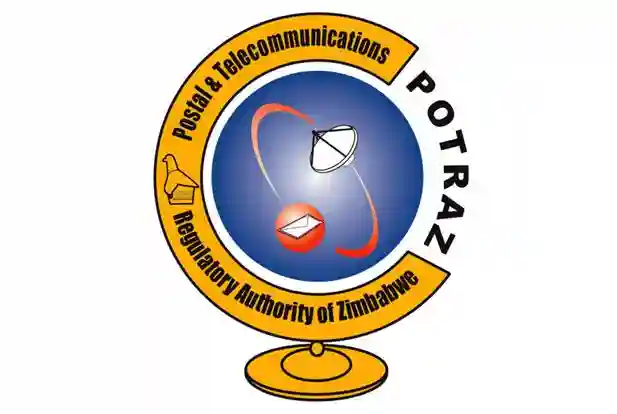The Government has been urged to tighten legislation on the hosting of age-inappropriate content, amid indications that at least 58% of children at the national level are at risk of accessing pornography and harmful content on the internet.
According to NewsDay, the highest visited online sites in Zimbabwe include pornography and betting sites, with children being the most viewers and consumers of adult content.
The Postal and Telecommunications Regulatory Authority of Zimbabwe (POTRAZ) last week released its Child Online Safety Survey (2024).
The survey shows at least 44% of children admitted to have accessed porn intentionally or inadvertently.
According to POTRAZ, this had impacted parenting or guidance to child behaviour due to heavy consumption of improper and harmful content. It said:
Advocate for tighter legislation regarding the hosting of age-inappropriate content online, particularly sexual content.
POTRAZ through the cyber incident response team, in collaboration with national and international stakeholders, should continuously monitor and restrict the distribution of such content to minors.
Despite the undeniable benefits of internet access, the survey also identified harms that children were exposed to.
The survey revealed that the main threat to Zimbabwean children online was exposure to sexual content, either intentionally or inadvertently.
44% admitted that they had seen sexual content online at least once, whether messages, images, or videos. Exposure to content instigating hate and violence was prevalent.
Exposure to content instigating hate against certain people or groups (such as tribes, races, religions among others), violence, fake news, consumption of drugs and other illicit substances, and information about committing suicide was also prevalent.
The report also says 13% of children reported that they had experienced cyberbullying at least once in their lives.
POTRAZ made several recommendations to save children from cyber harm. They include enhancing internet access and digital literacy, integrating digital literacy into teacher training, implementing child-centric education programmes, promoting local language digital content, promoting parental involvement, utilising parental control tools and empowering parents with digital literacy.
Parents can play a crucial role in safeguarding their children from online risks by:
- regularly talk to your child about online safety.
- keeping your child’s computer in a common area of the home to monitor their online activity.
- installing security software or tools that can help filter inappropriate content, block malicious websites, and protect against cyber threats.
- Being aware of all the devices one’s child uses to access the internet.
- Encouraging children to share their passwords with their parents.
More: Pindula News

